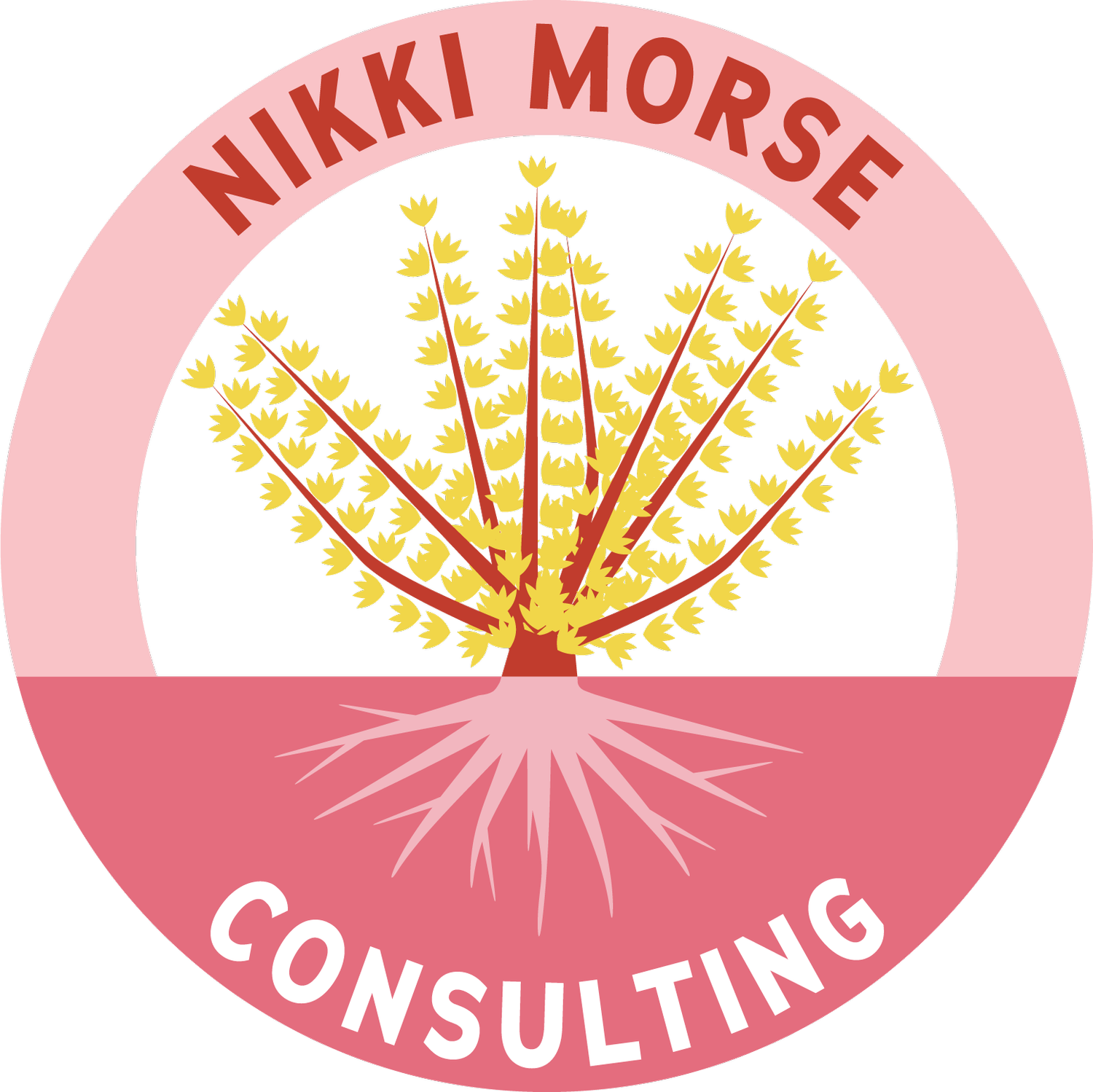Summer 2024 - Does “Board of Directors” have to be a dirty phrase?
Friends,
Happy summer, Happy Pride!
In the nonprofit world, there’s lots of critique about the traditional Board of Directors model as something that is fundamentally broken, needing a complete overhaul. I imagine that many of you are vigorously shaking your heads up and down and muttering under your breath about the challenges you face on the boards you are on or work with as a staff member. I’ve certainly seen (more than) my share of challenging Board dynamics, one of the most difficult being when Boards hinder the work of an organization rather than supporting it. And most of us have experienced deadly board meetings with boards either not knowing how to help or, possibly worse, not doing what they know will help.
While there’s lots of examples of dysfunctional boards, there are also many examples of ways to build effective boards that not only can contribute to, but enhance the work. There’s lots of good resources and ideas out there on board development (see below for a few links) - I’m just going to focus on a few pieces that are top of mind right now.
Be clear internally about what your board does and how it does it, and work with your board leadership to clarify this. Boards can serve as strategic advisors, fundraising volunteers, networkers and ambassadors, sounding boards, and/or as financial managers - which best describes yours and what your organization needs? How often do you meet? What are the task and committee participation requirements? How are decisions made and how have we decided on a process to make them? How will new board members be onboarded? And yes - this work takes a lot of time investment from your Executive Director and leadership staff, which is in very short supply. The good news is that effective time investment in boards comes back tenfold - a functional and committed board can do so much to strengthen and amplify the work.
Be clear with potential board members about what the invitation entails, what the Board expectations are, and what their motivations to join are. I have so often seen a tendency to jump into board recruitment out of a sense of urgency and scarcity - but inviting people on without being solid and transparent about what the role requires is likely to backfire. We also want to recruit with an eye towards how they will participate on the board, not just what individual skills they bring or gaps they fill. We sometimes are so eager to get to the yes that we are willing to gloss over our expectations and requirements or fail to be transparent about what they are walking into.
Meet with new board members when they join (and again annually) to explore their interests and commitments. This should include reviewing and signing a board agreement that clarifies their basic responsibilities - and it’s a space to explore with them what they want to learn or try, what they can expect from the organization, and what they feel they are best suited to contribute. You want to strike a balance that neither solely imposes a cookie cutter board role that doesn’t account for who they are nor creates a board that tries to be everything to everyone to meet their individual needs. Meet them where they are - AND agitate and educate them to best serve a shared mission.
And my last idea/suggestion - let’s talk about it! Board development is one of my favorite areas of work - whether that’s facilitating board planning retreats (or joint board/staff retreats), training and building systems for joyful participation in fundraising, or helping to build out board agreements, onboarding, and committees. If you would like to schedule a (free) consultation, please do so here - we can talk about board engagement, fundraising plans and needs, supervision and staff development, and lots more. I love hearing about great social justice organizations, and helping to think through some of the challenges that get in the way of doing our best work.
If you want some additional reading and resources:
“How to build the board you want” by Joan Garry
“Plan Your Year of Board Engagement in Less than One Day” podcast by Brooke Richie-Babbagge
Have a great summer, and keep up your great work!
Nikki
P.S. If someone else on your team does board development, please forward this on to them!
CLIENT PROFILE - DAMAYAN
I first encountered Damayan Migrant Worker Association as one of the core partners we worked with at Jews for Racial & Economic Justice, so I was thrilled to be brought on to help with organizational structure and fundraising questions. Damayan is a grassroots organization that serves and empowers low-wage Filipino migrant workers living and working in New York City and New Jersey, especially domestic workers and labor trafficking survivors. They provide legal and social services, education and training, and opportunities for community organizing and engagement.
Damayan currently has three roles open - if you know of anyone who might be a fit for any of these, please let them know!
Lead Case Manager (Tagalog fluency required) - $58,000 - $63,000
Lead Organizer (Tagalog fluency required) - $58,000 - $63,000. (Job description coming next week)
Director of Development and Communications - $65,000-$70,000. (Job description coming next week)
